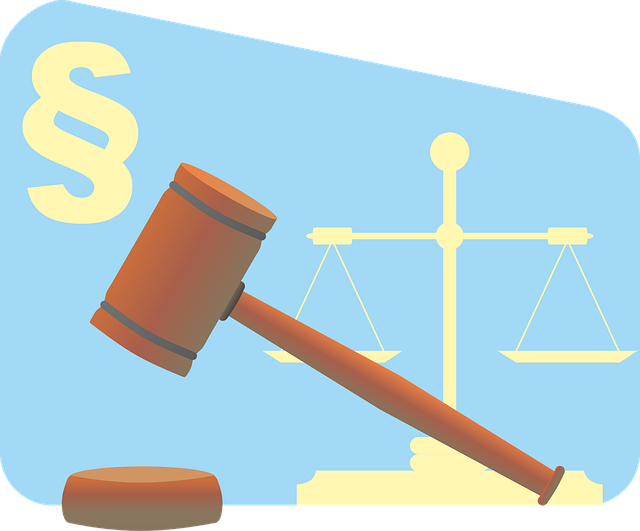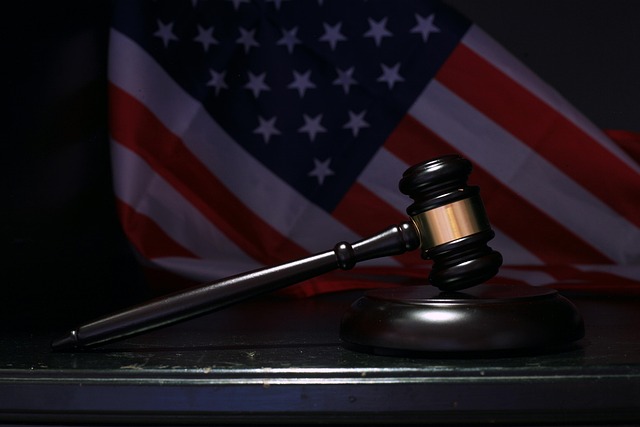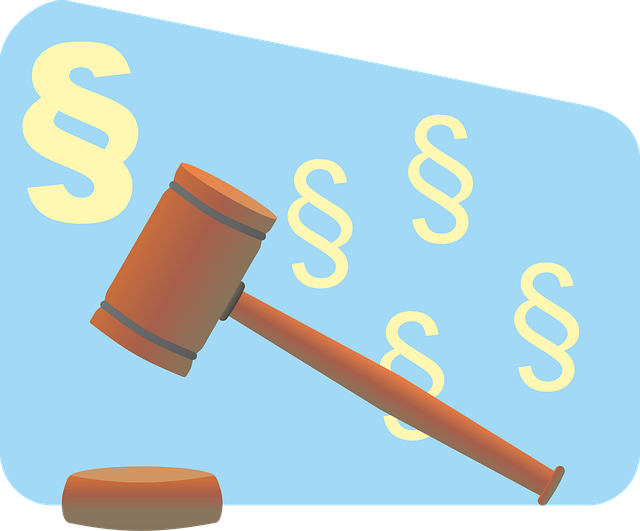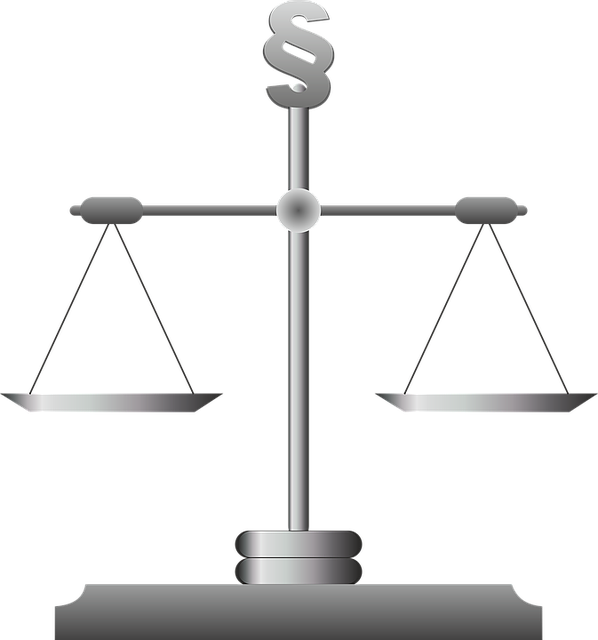Healthcare compliance experts face daily challenges interpreting complex regulations on patient care, data privacy, and procedures. They ensure legal adherence by organizing evidence, including digital records and logs, for administrative processes and legal defense. Loopholes within intricate rules pose risks during investigations, emphasizing the need for proactive internal controls. Expert testimony simplifies regulatory complexities in court, aiding fairness and strategy. Technology automates document management and analytics, improving compliance documentation and defense in high-stakes cases, particularly regarding the burden of proof.
In the complex landscape of healthcare, compliance experts are indispensable guides. They navigate intricate regulations, ensuring institutions adhere to legal requirements. From documenting evidence to uncovering legal loopholes, these professionals safeguard patient rights and institutional integrity. The article delves into key aspects, including the challenges of meeting the burden of proof in court, expert testimony’s impact, and technology’s role in streamlining compliance processes. Understanding these dynamics is crucial for fostering a robust healthcare system.
- Navigating Complex Regulations: A Daily Challenge
- Documenting Evidence: Proving What's Not Visible
- Legal Loopholes: Uncovering Hidden Risks
- Expert Testimony: The Weight of Experience
- Technology's Role: Streamlining Compliance Proof
Navigating Complex Regulations: A Daily Challenge

Navigating complex regulations is a daily challenge for healthcare compliance experts. They must stay abreast of constantly evolving laws and guidelines that govern patient care, data privacy, and operational procedures. This intricate web of rules, mandated by federal and state authorities, presents significant challenges in meeting the burden of proof in court. High-stakes cases often hinge on meticulous adherence to these regulations, with non-compliance potentially leading to severe legal consequences, including hefty fines and reputational damage.
Expertise in navigating this labyrinthine landscape is crucial for ensuring that respective businesses operate within legal parameters at all stages of the investigative and enforcement process. Compliance professionals must possess a deep understanding of industry best practices, combined with keen analytical skills, to interpret and apply these regulations effectively. Their work demands precision, attention to detail, and the ability to adapt quickly to changes in legislative landscapes.
Documenting Evidence: Proving What's Not Visible

In the realm of healthcare compliance, documenting evidence effectively is a critical aspect often overlooked but with immense impact. Healthcare professionals face unique challenges when presenting proof in court, especially regarding invisible aspects of patient care and administrative processes. The burden of proof in white-collar and economic crimes cases demands meticulous record-keeping to substantiate allegations or defenses.
Evidence documentation goes beyond paper trails; it involves preserving digital records, patient narratives, and system logs that may hold the key to navigating complex legal scenarios. Healthcare compliance experts play a pivotal role in ensuring that respective business practices are accurately reflected in these documents. By meticulously organizing and presenting such evidence, they facilitate a clearer understanding of often labyrinthine administrative processes, ultimately supporting white-collar defense strategies or aiding investigations into potential misconduct.
Legal Loopholes: Uncovering Hidden Risks

Healthcare compliance experts play a crucial role in navigating the complex legal landscape that governs this industry. One significant challenge they face is uncovering and mitigating risks associated with potential legal loopholes. These loopholes can often be hidden within intricate regulations, making it difficult for organizations to fully comprehend their implications. When these gaps in understanding go unnoticed, they may lead to non-compliance without even realizing it, creating substantial risks during all stages of the investigative and enforcement process.
Moreover, when faced with court cases, healthcare entities must grapple with the ‘burden of proof’. This legal requirement demands irrefutable evidence to establish guilt or liability. The complexity of healthcare regulations means that proving compliance can be an arduous task, especially in a nation as vast as ours, where laws and interpretations can vary across the country. By proactively identifying these challenges and implementing robust internal controls, organizations can significantly reduce the risk of indictment and ensure they meet their legal obligations effectively.
Expert Testimony: The Weight of Experience

In the realm of healthcare compliance, expert testimony plays a pivotal role, especially when navigating complex legal challenges. Experts in this field bring a wealth of experience and specialized knowledge to courtrooms, assisting judges and juries in understanding intricate regulatory matters. This is particularly crucial during high-stakes cases where the burden of proof is immense, often requiring clear and concise explanations of industry standards and compliance best practices.
Healthcare compliance experts are adept at interpreting complex regulations and providing insights into potential risks and consequences. Their testimony can be instrumental in avoiding indictment or mitigating penalties in jury trials. By offering expert analysis throughout all stages of the investigative and enforcement process, these professionals help ensure fairness and accuracy, ultimately strengthening the case for both prosecution and defense.
Technology's Role: Streamlining Compliance Proof

Technology has revolutionized healthcare compliance, particularly when it comes to presenting evidence and proving adherence to regulations in court. With the increasing complexity of healthcare laws and the high-stakes nature of many legal disputes, navigating the challenges of meeting the burden of proof can be daunting. In the past, this often involved extensive manual document searches, a time-consuming process prone to human error. However, digital solutions have transformed this landscape.
Automated systems, electronic record-keeping, and data analytics now enable efficient organization, retrieval, and presentation of compliance documentation. These tools streamline the process of gathering evidence, ensuring that relevant records are easily accessible and can be quickly analyzed for patterns or anomalies. By leveraging technology in this manner, healthcare compliance experts can effectively defend their clients’ practices across the country, addressing the challenges posed by the stringent requirements of high-stakes cases.
In the ever-evolving landscape of healthcare, navigating complex regulations and meeting the burden of proof in court present significant challenges. As discussed, documentation, expert testimony, and leveraging technology are key tools in addressing these hurdles. By understanding the nuances of legal loopholes and staying updated on industry standards, healthcare compliance experts play a vital role in protecting patient interests and ensuring fair practices. Their expertise helps foster a more transparent and accountable environment, ultimately strengthening the integrity of the healthcare system.






